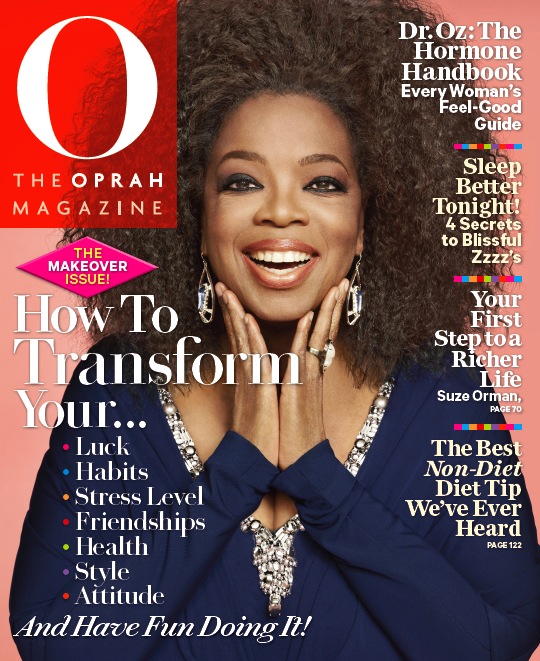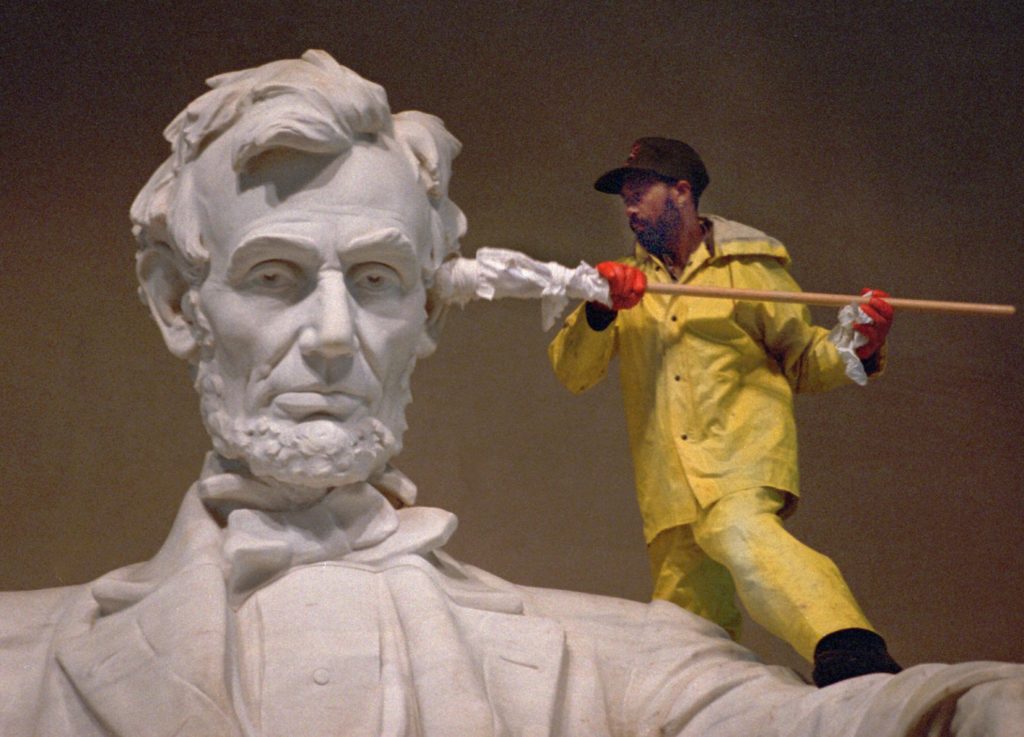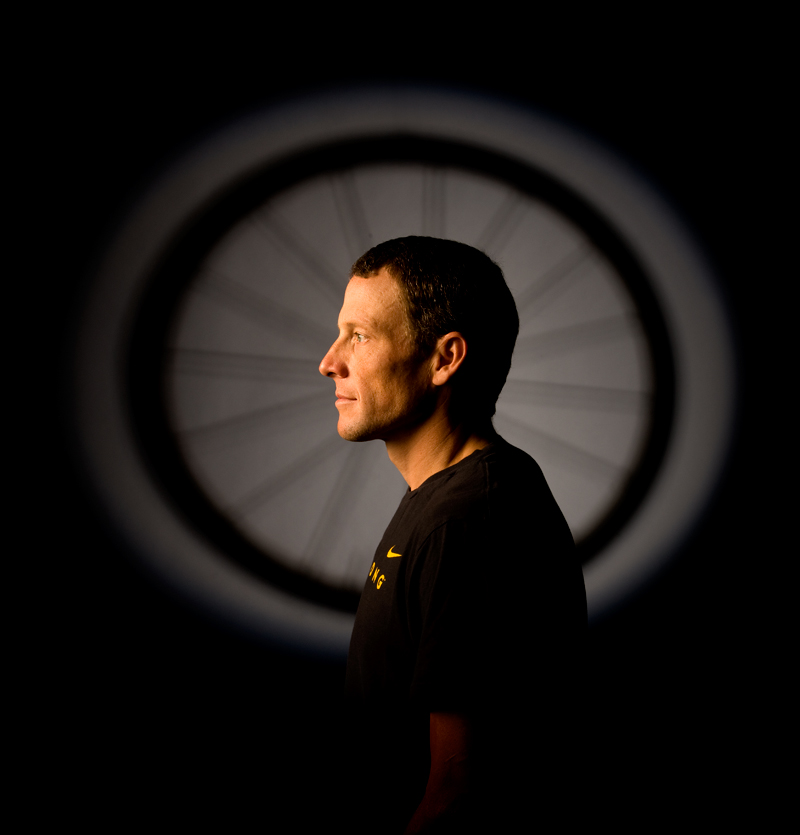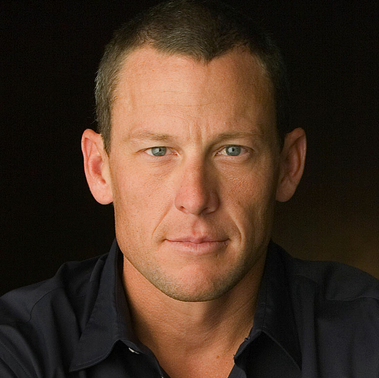I wrote about Lance Armstrong in early October and later that same month for a couple of reasons that relate to the work we do.
When you make mistakes that affect your ability to continue working & your reputation, you need to “speak for yourself about what happened” if you hope to regain your productivity. First off, it’s looking in the mirror and owning your mistakes so that you have the chance to be trusted and have influence again.
Coming to this acceptance also involves seeking the counsel of wise people around you—if you’re fortunate enough to have them. It’s only after “the owning” and “the reflecting” that you tell those you’ve affected what you did, why you did it, what you’ve learned, and how you’re going to do things differently in the future.
Each step hard, but necessary.
While its taken 3 months (or at least as many years since the allegations against him started to build), on Thursday Armstrong is promising to come clean to Oprah Winfrey. In an intimate television kind of way, her backstory is joining with his. Afterwards, we’ll draw our own conclusions.
We care about all of this because we need role models in our work—people to show us how—and for many of us, Armstrong fit that bill. Disciplined. Motivated. Triumphing over hardship. We were fortified by his example.
We also care about this because we know that the moral training we have today often comes from such “teachable moments” (as the president once reminded us)—that is, as long as we take them.
So we’ve followed the arc of Lance’s story. It was hard to absorb the allegations about a doping conspiracy he masterminded, to see him fired as the spokesman for products we buy, and finally to watch him have to break ties with his LiveStrong foundation. We were saddened by his apparent betrayal and surprised by his retreat into silence. Was it embarrassment? Was it shame?
In recent weeks, there have been some odd, Armstrong-initiated pop-ups. A surreal picture of him reclining in his den below his victory jerseys with the remark “Back in Austin and just layin’ around.” Rumors that he was figuring out what he had to do to get back into the competitive sporting circuit, and how admissions he might make would impact the lawsuits & investigations still swirling around him.
The picture and its tag-line suggested denial. The rumors suggested the machinations of lawyers and media advisors instead of soul-seekers.
We’ll see.
Because what he’s looking for from Oprah is not merely a stage that’s big enough for him and his story, but also for a confessor who will help to change our perception of him. Facilitate our forgiveness. Lance Armstrong’s goes to Oprah’s mountaintop in order to be healed in our eyes.
When our turns come it won’t be about teams of advisors or media blitz, and maybe not even about a catch in the throat when you get to the hard parts. Because it’s not about orchestration. It’s just about telling the truth and being genuinely sorry.
Otherwise you shouldn’t bother.




